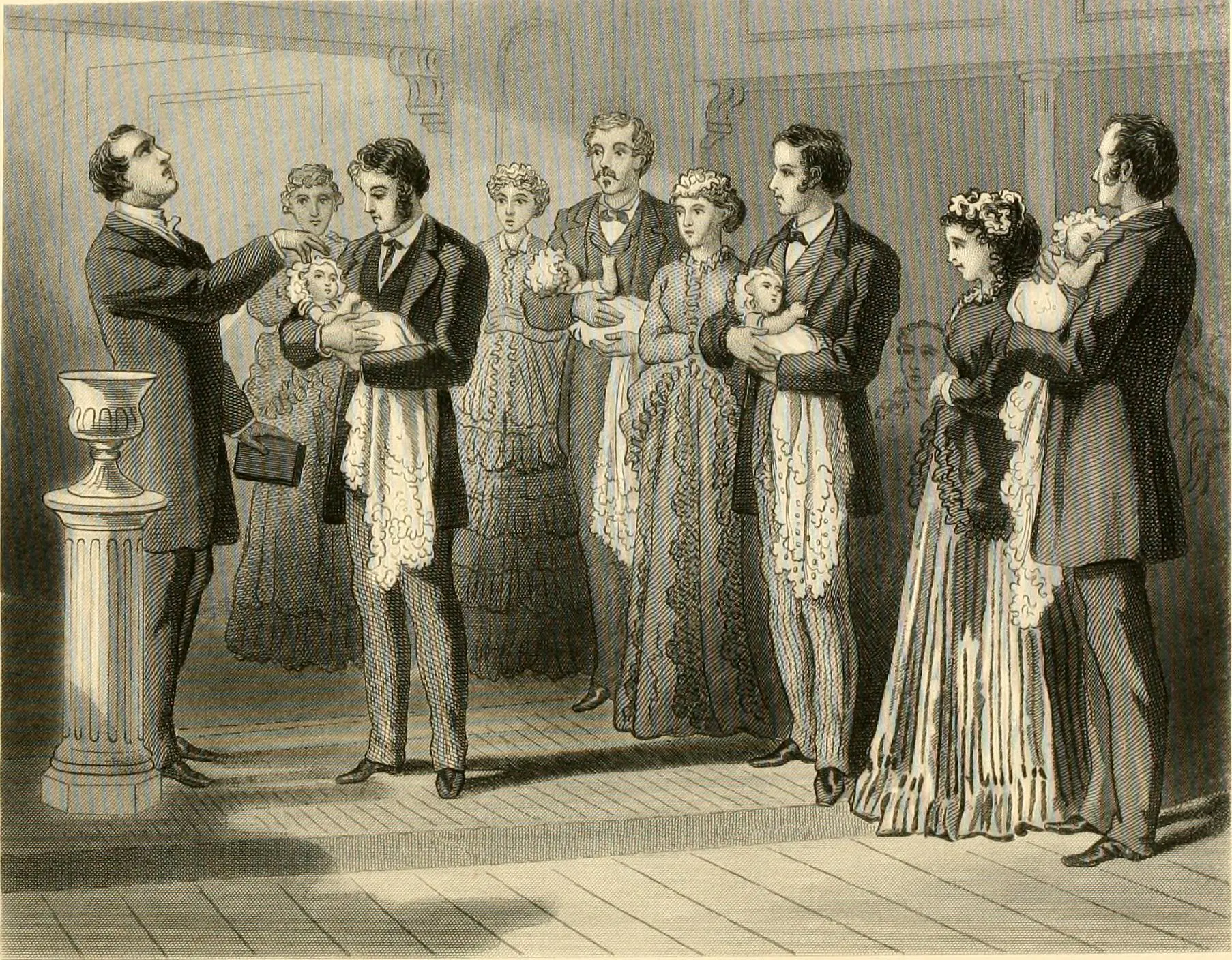
Perhaps the most common argument against paedocommunion is self-examination. WLC 177 says that the Lord’s Supper is only to be administered to those “as are of years and ability to examine themselves.” This, of course, is drawn directly from 1 Cor 11:28-29:
“Let a person examine himself, then, and so eat of the bread and drink of the cup. For anyone who eats and drinks without discerning the body eats and drinks judgment on himself.”
The essence of the argument is that small children are incapable of this self-examination and are therefore ineligible for communion.
Now, I believe this is both true and sufficient to settle the case, but it doesn’t pass the paedocommunionist’s smell test. They would respond by pointing out that 1 Cor 11 is obviously dealing with adults who are misusing the Supper, so we can’t apply the text to infants. This really is a fair response. In my opinion, their reading of the text is correct. The question is less about what the text says and more about what its logical consequences are.
But I think there’s something assumed in WLC 177 that paedocommunionists miss; namely, that self-examination is an act of faith. Consider WLC 72:
Q. 72. What is justifying faith?
A. Justifying faith is a saving grace, wrought in the heart of a sinner by the Spirit and Word of God, whereby he, being convinced of his sin and misery, and of the disability in himself and all other creatures to recover him out of his lost condition, not only assenteth to the truth of the promise of the gospel, but receiveth and resteth upon Christ and his righteousness, therein held forth, for pardon of sin, and for the accepting and accounting of his person righteous in the sight of God for salvation.
In other words, justifying faith requires knowledge of:
- one’s own sin and misery,
- one’s own inability to save himself,
- and promises of the gospel of Jesus Christ.
The way that anyone comes to know these things is through the preaching of the Word (Rom 10:17). The infant, lacking sufficient intellectual powers to understand the preaching of the Word, is unable to know any of these things. And, of course, we come to know (1) and (2) by examining ourselves against the law of God expressed in his Word. This is not to say that infants are totally incapable of faith, but they are incapable of actual faith while still having the seed of faith implanted in them.
This gets us to the key problem with paedocommunion. Faith is necessary for proper reception of the Lord’s Supper. In the Supper, the body and blood of Christ are spiritually present “to the faith of the receiver” (WLC 170). So when a small child receives the bread and wine without faith, they really are receiving an empty sign. The reception of the sacrament sans faith renders the sacrament completely ineffective.
We don’t have this same problem with baptism because “the efficacy of baptism is not tied to the moment wherein it is administered” (WCF 28.6, Rom 4:11ff). In baptism, a child is visibly admitted into the visible church and receives the promises of ingrafting into Christ, regeneration, remission of sins, etc., and these promises may all be apprehended by faith at a later time. The efficacy of the Lord’s Supper, however, is tied to the moment of administration. At the Table, worthy receivers truly receive the body and blood of Christ in that moment, along with all of the promises associated with the sacrament of covenant renewal.
In sum, the heart of the issue is not whether 1 Cor 11 applies to infants; instead, the question we need to be asking is whether young children meet the qualifications for receiving what the sacrament promises.